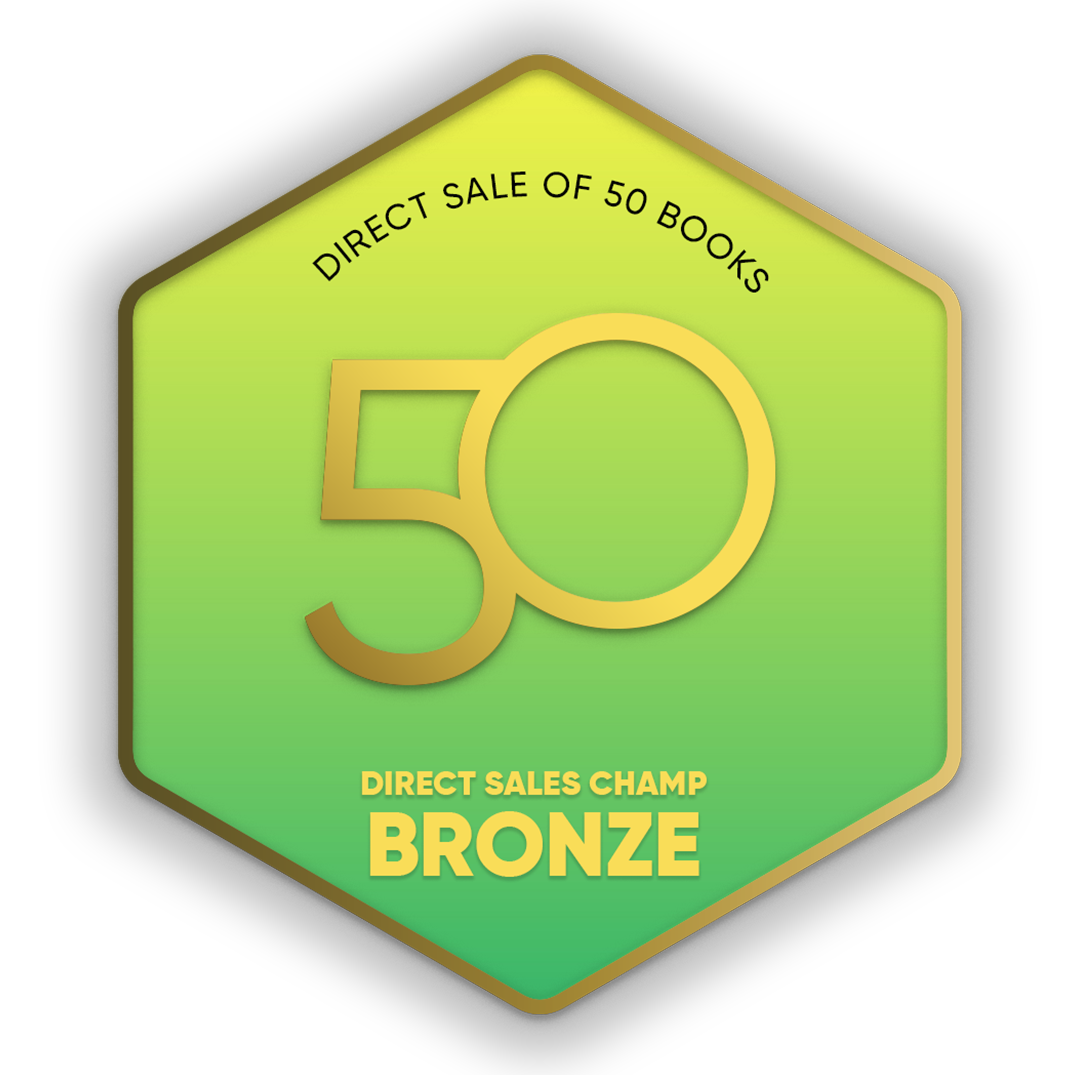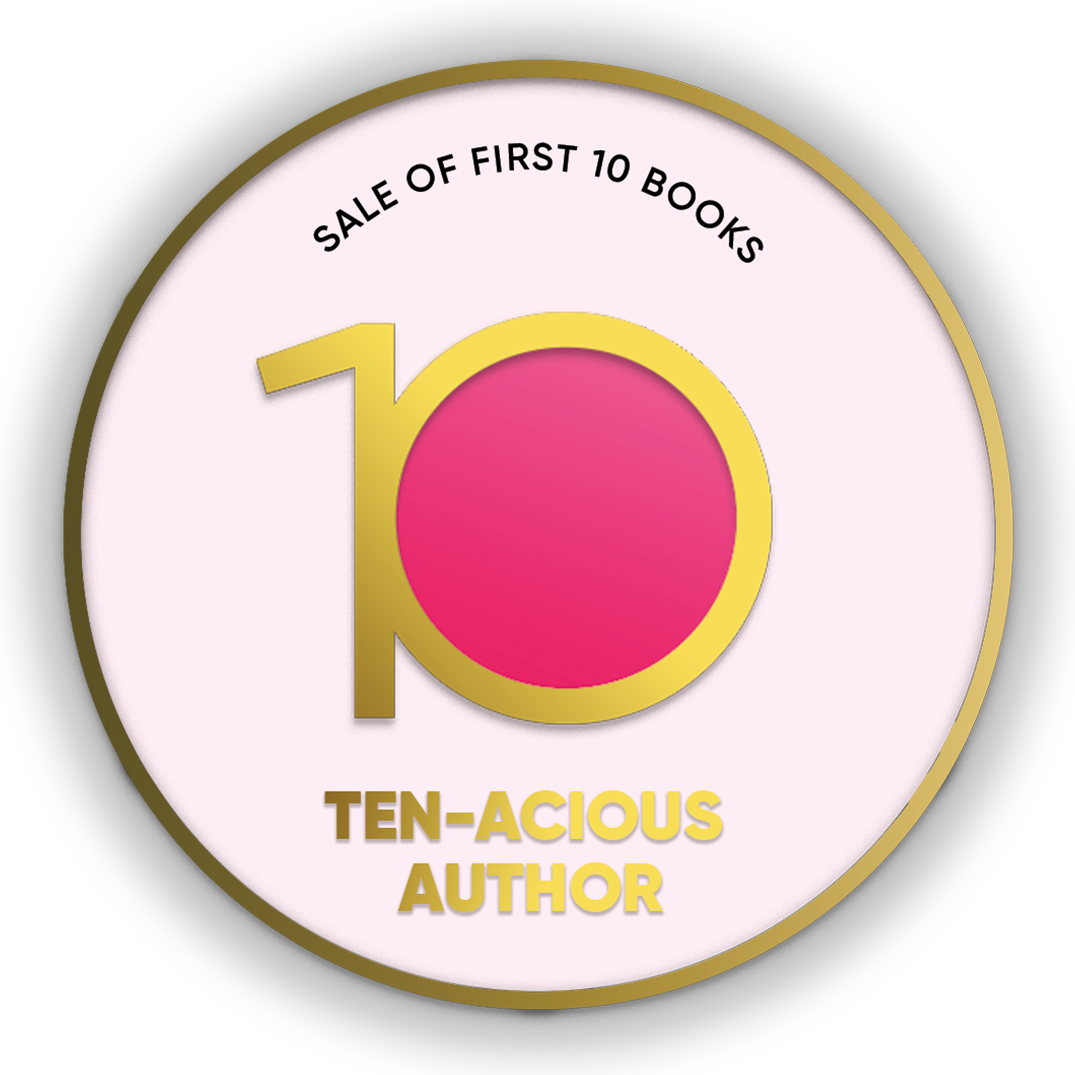
- Discover books
- For Writers
-
For Writers
-
Indie Author Championship
-
Challenges
Writing Contests
- Get Started

"It was a wonderful experience interacting with you and appreciate the way you have planned and executed the whole publication process within the agreed timelines.”
Subrat SaurabhAuthor of Kuch Woh Pal -
Mrinmoy Majumder
Associate Professor of Hydroinformatics Engg at NIT AgartalaDr. Mrinmoy Majumder is an Assistant Professor at the National Institute of Technology, Agartala. He specialises in multidisciplinary engineering, particularly applying data science techniques to water and energy nexus problems. He holds a PhD and MTech from Jadavpur University and a BE from Biju Patnaik University of Technology. His research includes GIS-based real-time monitoring software for water treatment plants and sensor-based optimal water selection systems for crop cultivation. He is a member of IEEE, IEI, and the International Water Association. You can explore more about his work heRead More...
Dr. Mrinmoy Majumder is an Assistant Professor at the National Institute of Technology, Agartala. He specialises in multidisciplinary engineering, particularly applying data science techniques to water and energy nexus problems. He holds a PhD and MTech from Jadavpur University and a BE from Biju Patnaik University of Technology. His research includes GIS-based real-time monitoring software for water treatment plants and sensor-based optimal water selection systems for crop cultivation. He is a member of IEEE, IEI, and the International Water Association. You can explore more about his work here: http://www.mrinmoy.majumdar.info.
Read Less...Crop your profile image

A Night in Puri Strangers Struggles and Serendipity
Books by Mrinmoy Majumder
That sounds like quite an adventure! Arriving late in Puri during Saraswati Puja, when the place is bustling with devotees, must have been a challenge. Not finding a hotel in the middle of the night must have made things even more interesting. What happened next? Did you manage to find a place to stay, or did you have to spend the night under the open sky?
That sounds like quite an adventure! Arriving late in Puri during Saraswati Puja, when the place is bustling with devotees, must have been a challenge. Not finding a hotel in the middle of the night must have made things even more interesting. What happened next? Did you manage to find a place to stay, or did you have to spend the night under the open sky?
The Damchara Mystery
Books by Mrinmoy Majumder
Three friends—Raj, Rahul, and Madhusudan—try to uncover the mystery behind a sudden cessation of a war that has been raging for the past two years between the Kingsmen and the Tribesmen. Professor Nath has enlisted their help, particularly to decipher a manuscript written in Tunga Script. All three friends are experts in interpreting ancient scripts, but they pursue this passion for personal interest rather than for profit. However, the Professor w
Three friends—Raj, Rahul, and Madhusudan—try to uncover the mystery behind a sudden cessation of a war that has been raging for the past two years between the Kingsmen and the Tribesmen. Professor Nath has enlisted their help, particularly to decipher a manuscript written in Tunga Script. All three friends are experts in interpreting ancient scripts, but they pursue this passion for personal interest rather than for profit. However, the Professor wants them to assist him with his research. The truth of what transpired will be revealed to those who read the entire book.
The Damchara Mystery
Books by Mrinmoy Majumder
Three friends—Raj, Rahul, and Madhusudan—try to uncover the mystery behind a sudden cessation of a war that has been raging for the past two years between the Kingsmen and the Tribesmen. Professor Nath has enlisted their help, particularly to decipher a manuscript written in Tunga Script. All three friends are experts in interpreting ancient scripts, but they pursue this passion for personal interest rather than for profit. However, the Professor w
Three friends—Raj, Rahul, and Madhusudan—try to uncover the mystery behind a sudden cessation of a war that has been raging for the past two years between the Kingsmen and the Tribesmen. Professor Nath has enlisted their help, particularly to decipher a manuscript written in Tunga Script. All three friends are experts in interpreting ancient scripts, but they pursue this passion for personal interest rather than for profit. However, the Professor wants them to assist him with his research. The truth of what transpired will be revealed to those who read the entire book.
TEN CASE-STUDIES ON VULNERABILITY ASSESSMENT IN WATER RESOURCES DEVELOPMENT
Books by Dr.Mrinmoy Majumder
The "Ten Case Studies on Vulnerability Assessment of Water Resource Development" tries to highlight the application of nine different data science techniques to analyze the vulnerability or risk of different water systems like Wetlands, Coastal Zones, Water Supply Systems, Water Used in Power Plants, etc. The case studies depict the way the data science techniques must be used to identify the vulnerabilities of such important systems.
This book i
The "Ten Case Studies on Vulnerability Assessment of Water Resource Development" tries to highlight the application of nine different data science techniques to analyze the vulnerability or risk of different water systems like Wetlands, Coastal Zones, Water Supply Systems, Water Used in Power Plants, etc. The case studies depict the way the data science techniques must be used to identify the vulnerabilities of such important systems.
This book is prepared for those Science and Engineering students who want to pursue their research careers in the field of water resources, especially in Hydroinformatics. In addition to this, expert researchers in this field can use this book as a reference for their research endeavors.
Seven Metaheuristics to Learn for your Next Data Science Project
Books by Mrinmoy Majumder
The video book Seven Metaheuristics to Learn for your Next Data Science Project will assist you in easily and clearly understanding the seven most popular nature-based or metaheuristic algorithms. Additionally, 50 project ideas and 50 practice numbers are included. The Content of the book is as follows :
1. INTRODUCTION
1.1. Types of Metaheuristics
1.2. Applications in Data Science
1.3. Advantages and Limitations
The video book Seven Metaheuristics to Learn for your Next Data Science Project will assist you in easily and clearly understanding the seven most popular nature-based or metaheuristic algorithms. Additionally, 50 project ideas and 50 practice numbers are included. The Content of the book is as follows :
1. INTRODUCTION
1.1. Types of Metaheuristics
1.2. Applications in Data Science
1.3. Advantages and Limitations
1.4. Comparison with other optimization techniques
2. OVERVIEW OF METAHEURISTICS
2.1. Application of Metaheuristics
2.2. Application of Metaheuristics in Applied Fields
2.3. Classification of Metaheuristic Algorithms
2.4. Working Principle
2,5. Limitations of Metaheuristic Algorithms
2.5. Future Scopes of Metaheuristics
3. METHOD I: ARTIFICIAL NEURAL NETWORK OR ANN
4. METHOD II: POLYNOMIAL NEURAL NETWORK OR PNN
5. METHOD III: GLOW WORM ALGORITHM OR GWA
6. METHOD IV: MINE BLAST ALGORITHM OR MBA
7. METHOD V: WATER CYCLE ALGORITHM OR WCA
8. METHOD VI: DOLPHIN ECHOLOCATION ALGORITHM OR DEA
9. METHOD VII : GENETIC ALGORITHM OR GA
10. CONCLUSION
10.1. Project Ideas
10.2. Numerical Problems
The Project ideas and numerical problems are often updated.
Introduction to Model Development for Prediction, Simulation and Optimization
Books by Mrinmoy Majumder
This book which is comparable to an e-course is designed to provide learners with a comprehensive understanding of statistical model development. Through detailed tutorials and comprehensive notes, participants will gain the necessary knowledge and skills to apply statistical models for prediction, simulation, and optimization purposes. Whether you are a beginner or an experienced practitioner, this course will equip you with the tools and techniques nee
This book which is comparable to an e-course is designed to provide learners with a comprehensive understanding of statistical model development. Through detailed tutorials and comprehensive notes, participants will gain the necessary knowledge and skills to apply statistical models for prediction, simulation, and optimization purposes. Whether you are a beginner or an experienced practitioner, this course will equip you with the tools and techniques needed to effectively develop statistical models in various domains. In addition to this, this Paper to PC book has 50 project ideas 100 numerical questions and 100 case studies included.
Hydro Geek Newsletter Edition 2023.1
Books by Mrinmoy Majumdar
A fortnightly newsletter on the application of informatics in water resource development problems. This newsletter will feature the most recent developments in hydrology, hydropower, hydraulic engineering, and the use of informatics to address issues that these fields are currently facing. As a result, subscribers can expect two new editions of HydroGeek each month that is jam-packed with the most recent information on both hydro and informatics.
A fortnightly newsletter on the application of informatics in water resource development problems. This newsletter will feature the most recent developments in hydrology, hydropower, hydraulic engineering, and the use of informatics to address issues that these fields are currently facing. As a result, subscribers can expect two new editions of HydroGeek each month that is jam-packed with the most recent information on both hydro and informatics.
Lecture Notes on MCDM
Books by Mrinmoy Majumder
An ebook on the Multi-Criteria Decision Making (MCDM) method contains a thorough tutorial of six of the most widely used MCDM techniques. Each technique is demonstrated with an example. The Analytical Hierarchy Process (AHP), Analytical Network Process (ANP), ELECTRE, PROMETHEE, Weighted Sum Method (WSM), and Weighted Product Method (WPM) are the techniques described here. The techniques are presented in a graphical format so that both high school students and
An ebook on the Multi-Criteria Decision Making (MCDM) method contains a thorough tutorial of six of the most widely used MCDM techniques. Each technique is demonstrated with an example. The Analytical Hierarchy Process (AHP), Analytical Network Process (ANP), ELECTRE, PROMETHEE, Weighted Sum Method (WSM), and Weighted Product Method (WPM) are the techniques described here. The techniques are presented in a graphical format so that both high school students and doctoral candidates can easily grasp the concepts.
It can be used as a self-help book for senior undergraduate or graduate courses in business and engineering by researchers, practitioners, and students.
Content: What is MCDM, Classification of MCDMs, Basic Procedures of MCDM, Weighted Sum Method, Weighted Product Method, Analytical Hierarchy Process, Analytical Network Process, ELECTRE, PROMETHEE
Additional Material (FREE): Project Ideas, Case Studies, and Numerical Problems on MCDM.(Send me an email with the order id to receive the free materials)
Example Applications of MCDM on Water Resource Development: Visit my Youtube playlist https://www.youtube.com/playlist?list=PLhs81jPq_0O9Tc2y9Mrt3IRDNc5ftfrOi
Subscribe to my newsletter if you wish from https://hydrogeek.substack.com/

Are you sure you want to close this?
You might lose all unsaved changes.
Select from one of our global stores to continue
 India
India
 Malaysia
Malaysia
 Singapore
Singapore
 UAE
UAE
Warning Message
The items in your Cart will be deleted, click ok to proceed.


















